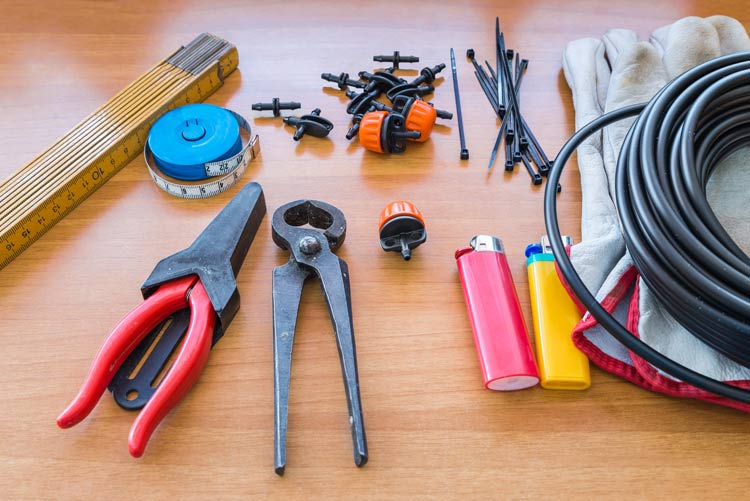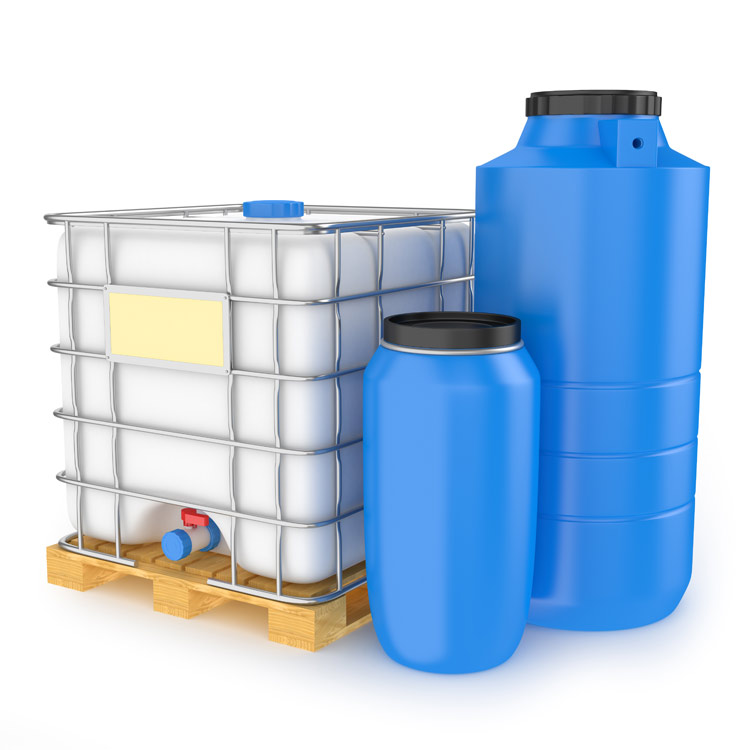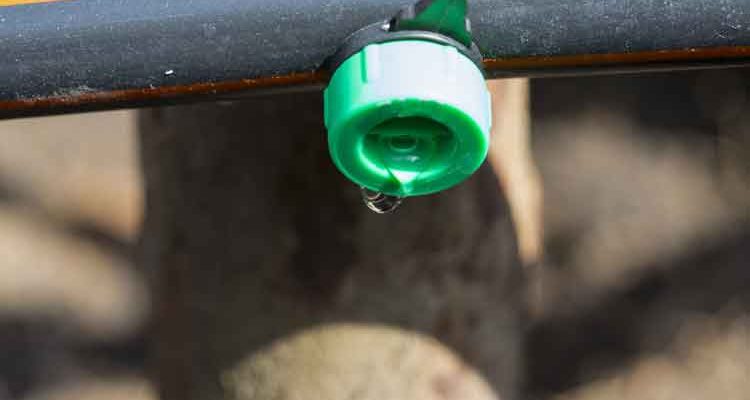By now, we should all at least be on the same page and realize that our food eats certain chemical(yes chemical) combinations from whatever source we provide, whether that be fish poop of mined fertilizer and absorbs that in drinkable form with water.
If we can share that concept together, we can all conclude that it is important to focus on ensuring we can sustain farms and gardens in the long term by using our resources effectively.
In this modern era, we still have arguments for organic vs almost everybody else. Although the ‘organic’ side means well, the public is often misled with the facts and blindly accepts the concept as the best.
Unfortunately, as we enter into planetary shortages and climate change issues, we should examine growing on a more level playing field; like water usage and lack of nutrient waste.

For example, let’s consider two organic farms. One uses a plow, dirt and a blend of organic waste. The plants are grown in this mixture for which 90% more water is used. Meanwhile, the other guy across the road uses an organic hydroponic system and only 10% of the water to get even better results.
On the store level, both growers look like saviors in the eyes of the buyers, but, this is far from the truth. We can clearly see that one seems 9 times more efficient.
With that said, the users of mined, chemical fertilizers should shape up too because at the current usage, we have a study from MIT that explains that we have somewhere around 75 years of phosphorous left.
As hydroponic and aquaponic trends continue, we should be able to cut down the waste significantly. In addition, we could need to rely on our natural sources like human sludge, composting and other organic methods to obtain plant nutrition without being problematic to climate change.
The good news, is that Universities and climate change experts can help direct plans for which we can wisely use our worldwide resources effectively and be more responsible for our activities.
On a local level, it only makes sense to focus on the best technologies for all generations so we develop good habits as a whole, like cut down on fertilizer waste, water usage and all the evils that are involved with transporting food items that can be easily grown locally with a little common sense and a local government that actually is concerned about the basics.

As time passes by, education and usage towards more environmental friendly systems rises. When we look around at community gardens and a typical backyard veggie garden, we usually see outdated methods.
Luckily, many schools that at one time taught nothing about gardening are educating and planting the seed about the more progressive methods like aquaponics, hydroponics and organic hydroponics.



